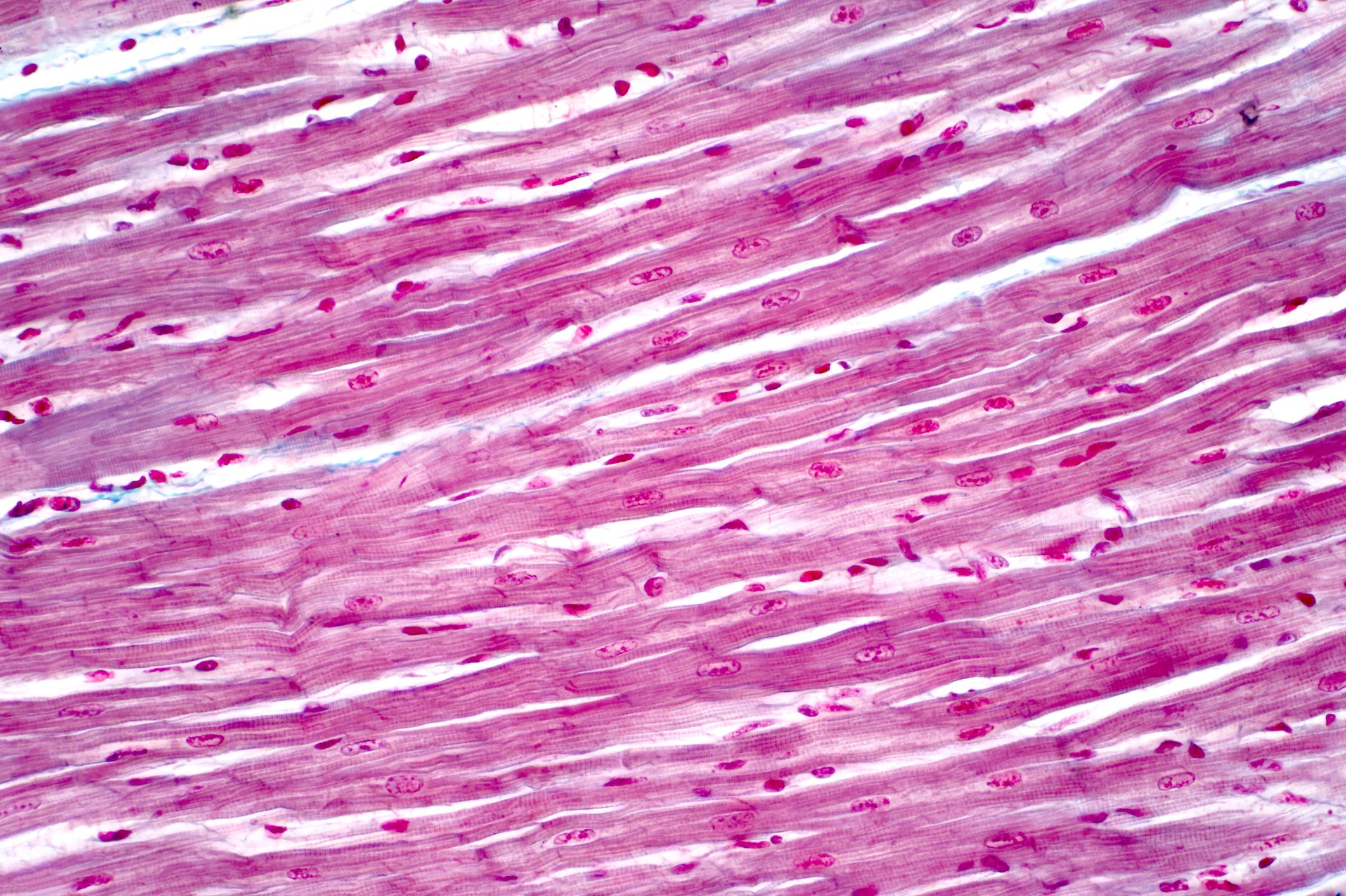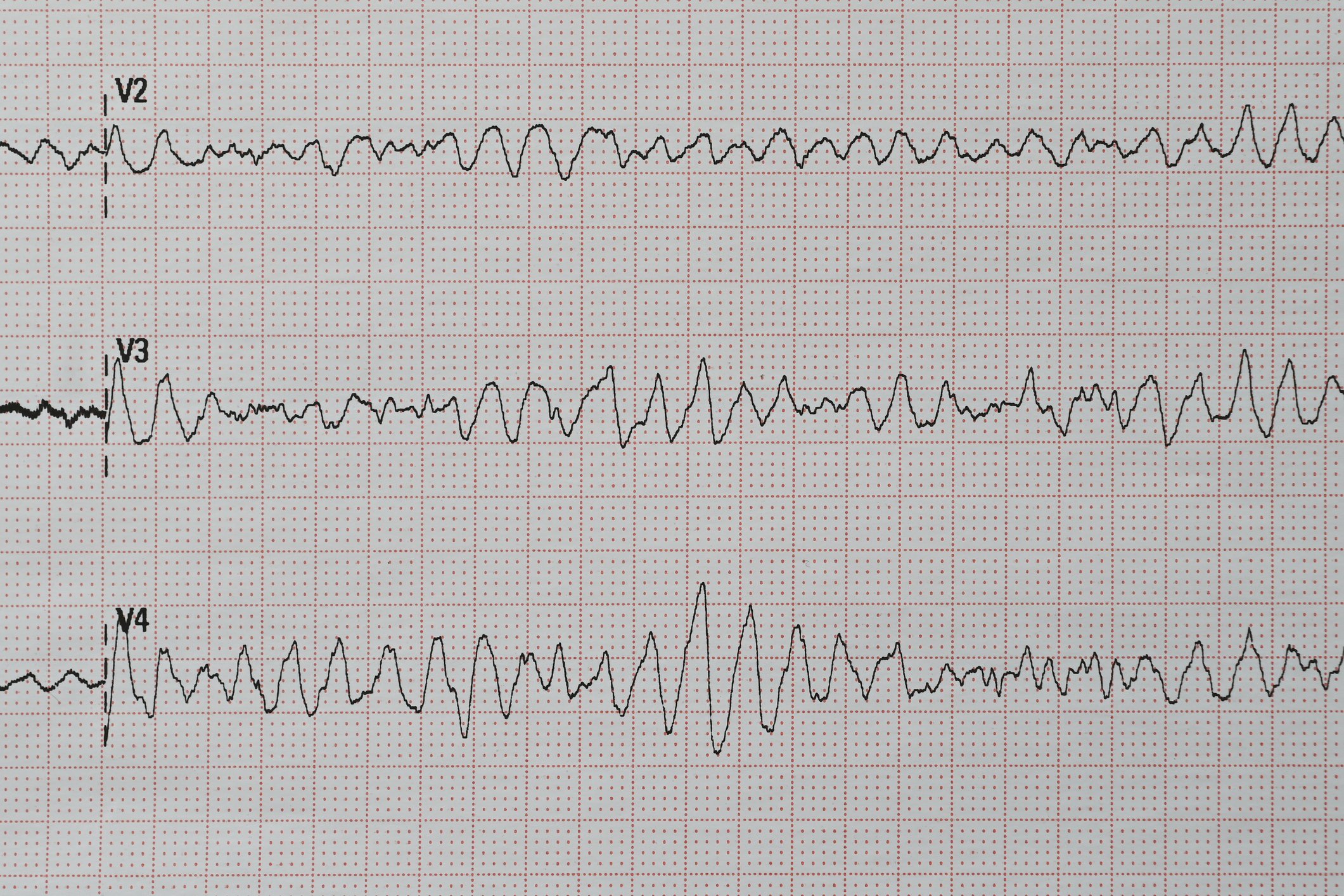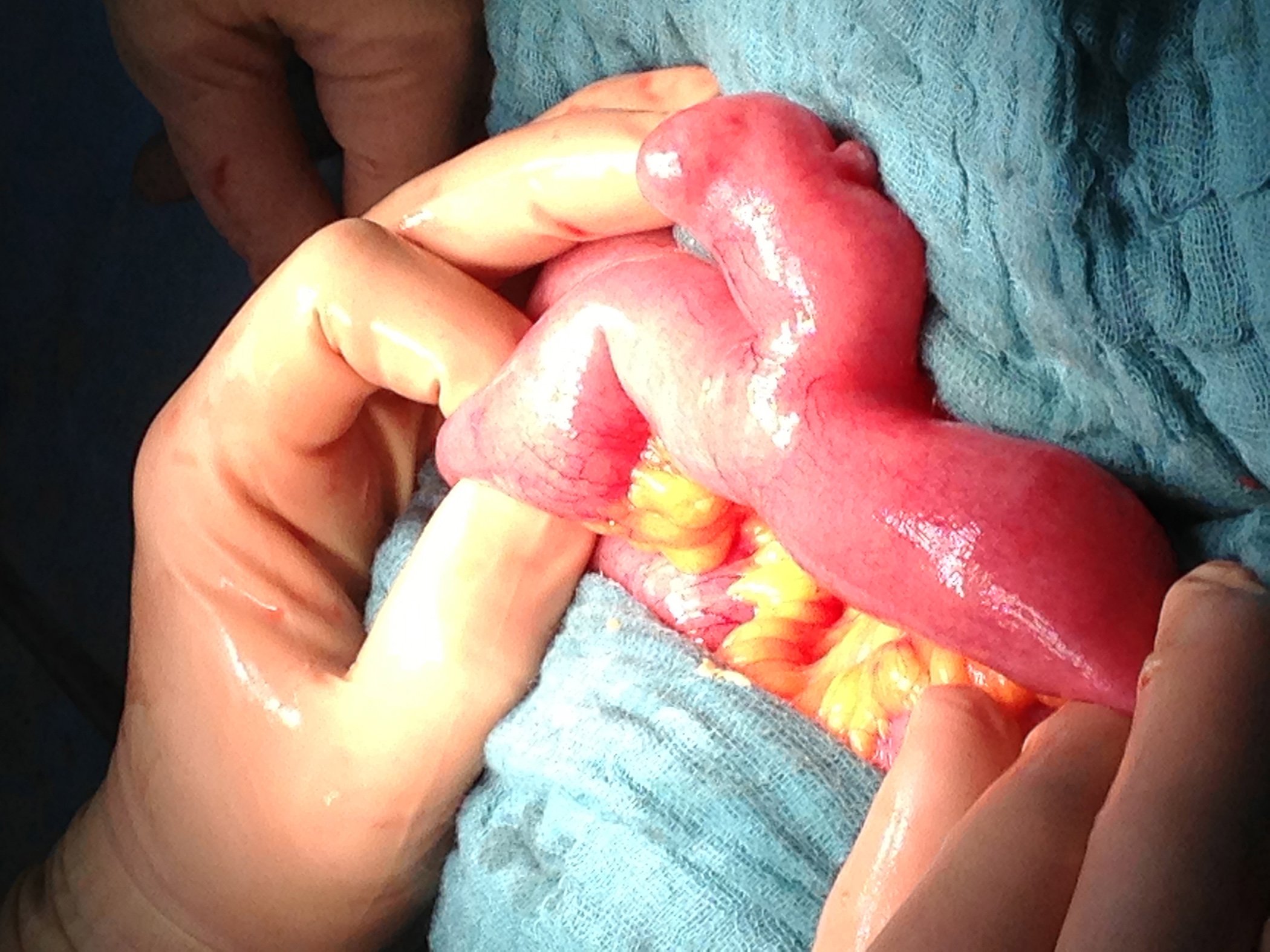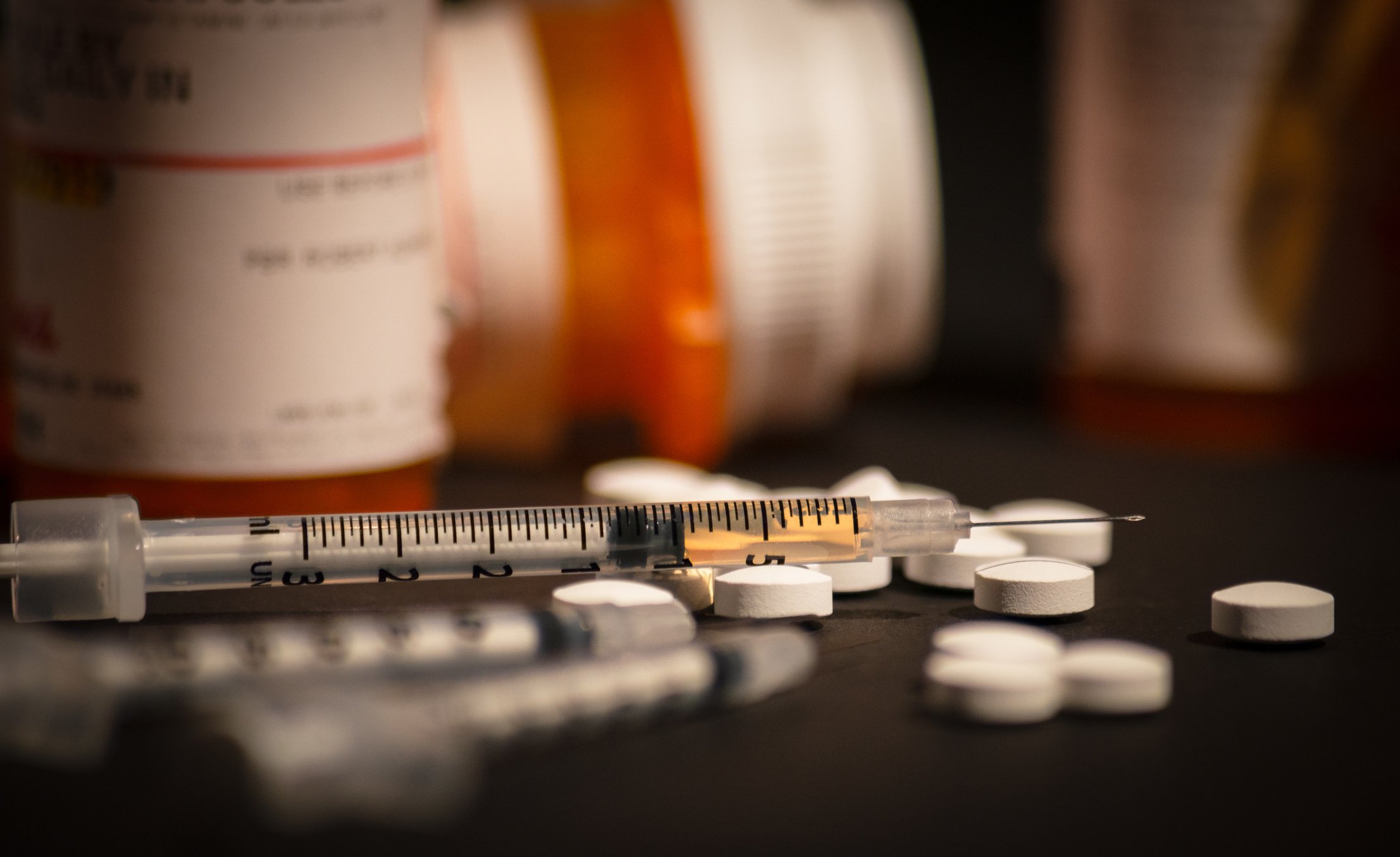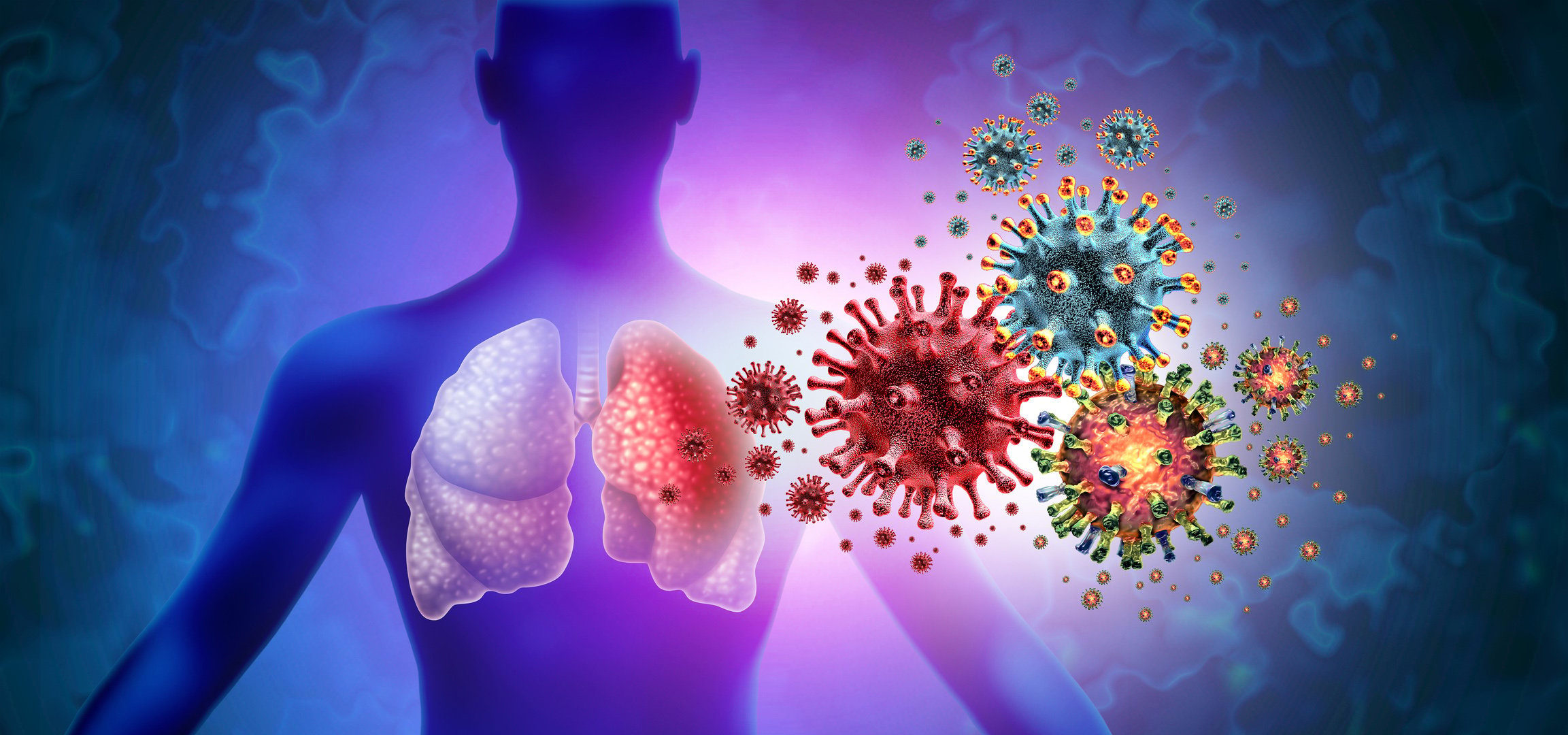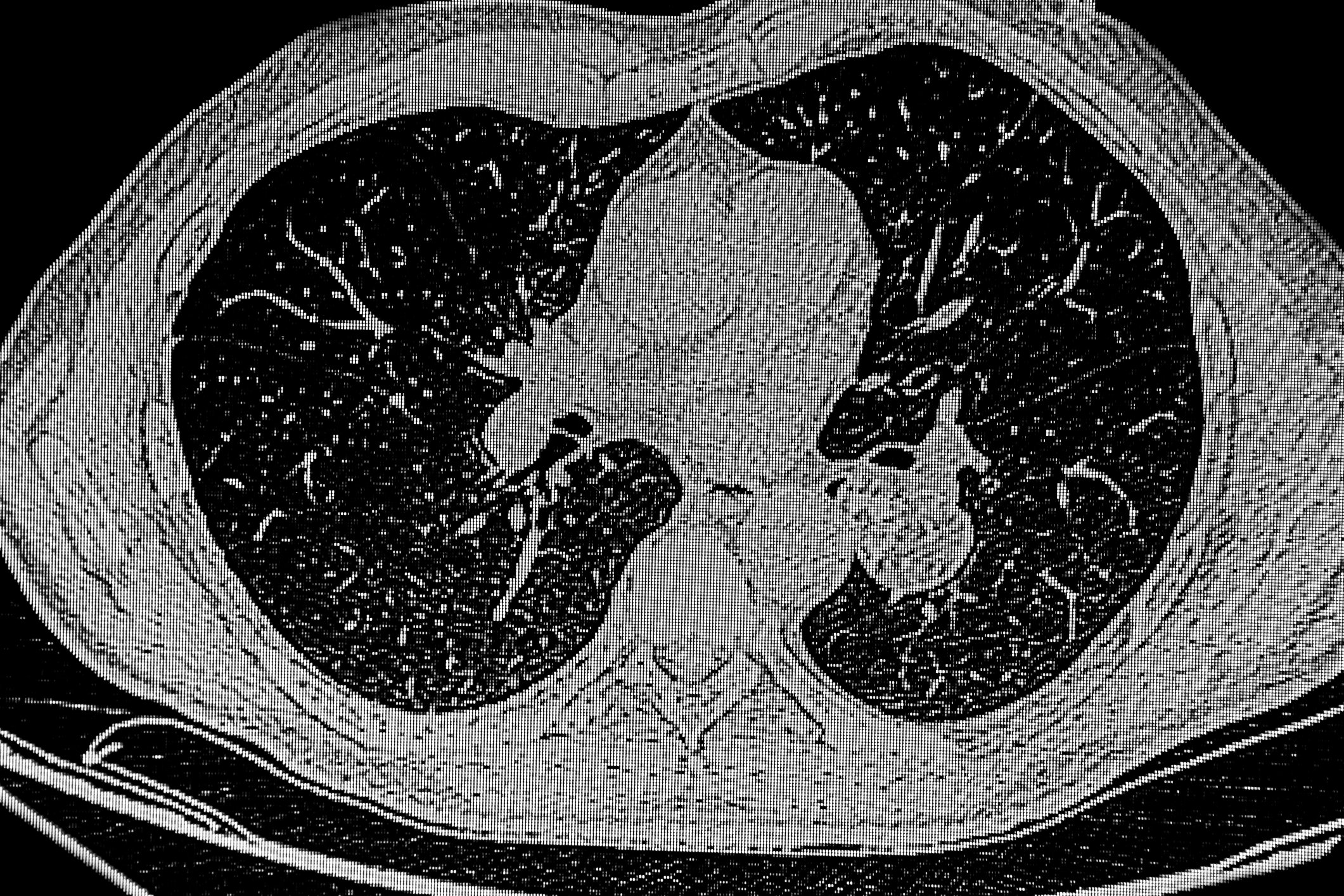The heart is not just a mechanical pump, but a highly complex organ whose performance depends largely on finely tuned intracellular signaling networks in the cardiomyocytes. These signaling pathways constantly regulate processes such as contraction, calcium and energy metabolism, cell survival and regeneration. A healthy balance of these networks ensures that the heart can adapt its pumping capacity to changing physical demands. However, if individual signaling pathways suffer malfunctions, subclinical changes can develop unnoticed into serious diseases such as heart failure, arrhythmias or cardiomyopathies.
Autoren
- Tanja Schliebe
Publikation
- CARDIOVASC
You May Also Like
- Atrial fibrillation: interdisciplinary effort is crucial
Managing risk factors and comorbidities in addition to rhythm control
- Casuistry
Hernia turns out to be a 25 cm long Meckel’s diverticulum
- Side effects under opioid therapy
Is it possible to avoid the inevitable?
- Diagnostics of respiratory viral infections
What is tested when and on whom?
- From symptom to diagnosis
Dyspnea – pulmonary hamartomas
- Phobia
Propranolol and spider phobia: the time window is crucial
- Focus on prevention
Colorectal cancer screening – an update
- Rare diseases

